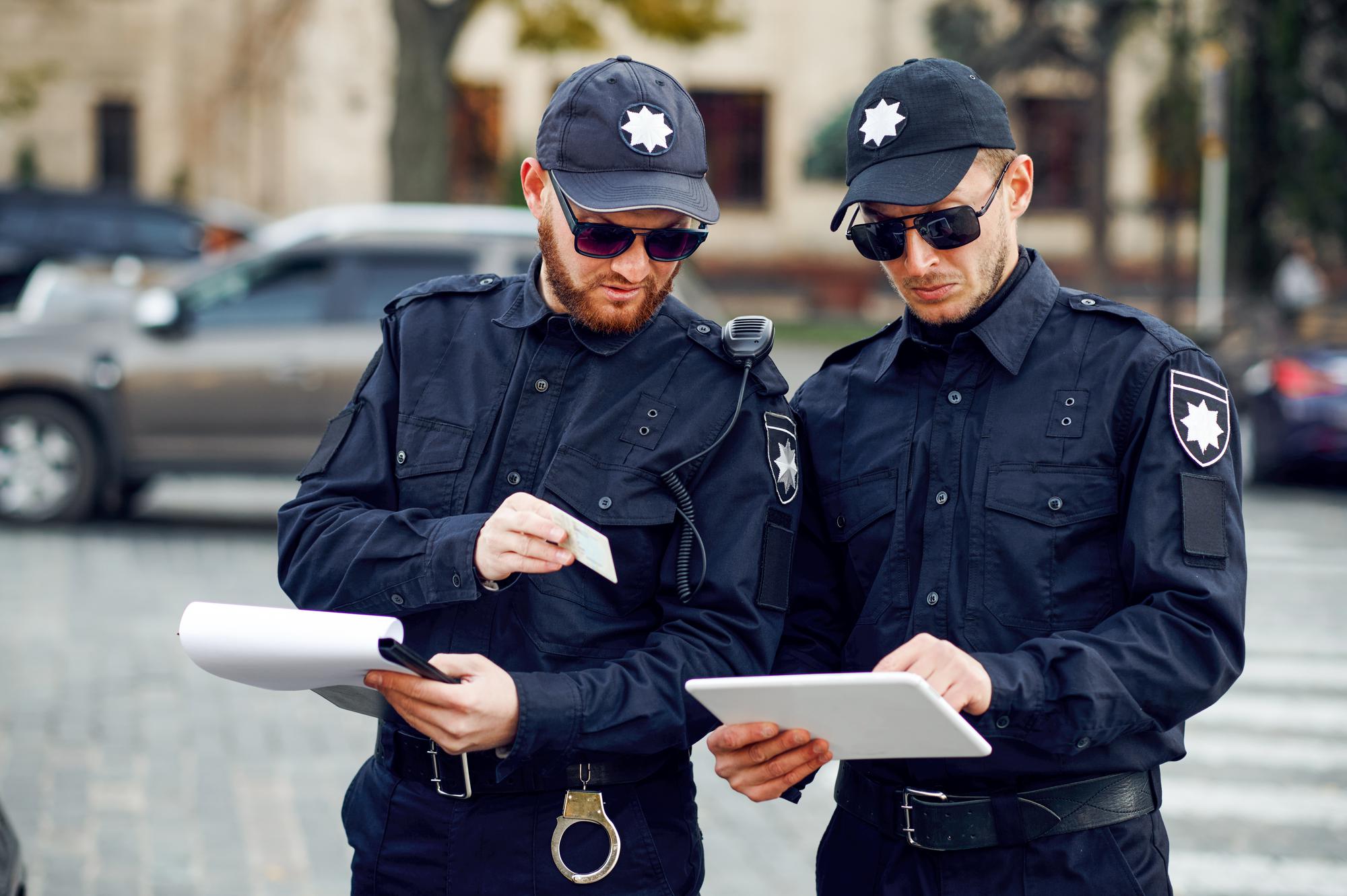Imagine that you are the target of a criminal act carried out by a citizen of another nation. How will the police force be able to locate the individual?
The International Criminal Police Agency is what Interpol is officially known as, and we are an organization that works beyond country boundaries. We are a global organization with 195 member nations, and we assist law enforcement agencies in cooperating to make the world safer.
To do this, we make it possible for them to exchange and access data about crimes and criminals and provide various operational and technical assistance.
Who is behind INTERPOL?
The battle against a wide variety of crimes is coordinated on a day-to-day basis by the General Secretariat. It is directed by the Secretary-General and employs law enforcement officers and civilians. Its headquarters are located in Lyon, it has a worldwide complex for innovation in Singapore, and it has several satellite offices in various countries.
An INTERPOL National Central Bureau (NCB) is the primary point of contact for the General Secretariat and the other NCBs in each nation. An NCB is often housed inside the government ministry that is responsible for the administration of law enforcement and is directed by national police authorities.
The Legislature is the governing body of the United Nations and holds meetings annually to facilitate decision-making among all member nations.
Connecting police
Through a communications network known as I-24/7, all nations are linked together. The secure network allows countries to communicate with the General Secretariat. Additionally, it enables people to access databases and services in real-time, regardless of where they are located, whether in a central or distant location.
In addition, we coordinate networks of police officers and specialists in various types of criminal activity. These individuals meet in conferences and working groups to discuss and exchange their observations and theories.
Things we do
The General Secretariat offers various services and areas of expertise to the nations that are members. We handle 19 police databases that include information on crimes and offenders (including names, fingerprints, and stolen passport information), and these databases are available in real time to nations.
We provide help for forensics investigations and analysis and aid in tracking fugitives in different parts of the globe. Training is essential to what we do in many different domains so that authorities know how to collaborate effectively with service providers.
This knowledge assists national efforts to fight crime in three worldwide sectors currently considered to be among the most pressing: cybercrime, organized crime, and terrorism.
Alongside their counterparts in member nations, officials working in each specialized crime area conduct a wide array of various initiatives. This may include assistance for investigations, field operations, training, or networking opportunities.
Importantly, given the ever-changing nature of criminal activity, we make it a point to keep an eye on the future by researching and developing international crime and trends.
NOTIFICATIONS AND ALERT
Our one-of-a-kind system of worldwide notifications makes it possible for law enforcement agencies in member nations to exchange vital information about wanted criminals, fugitives, potential risks to national security, and missing persons. At the request of INTERPOL's member nations, notices are disseminated by the organization. Red Notices are warnings sent to individuals sought by national authorities based on an arrest warrant or a court judgment.
Skilling
We provide additional expertise and training to local law enforcement agencies in areas where it is necessary to ensure that our worldwide network is effective and reliable. Because criminal activity and investigation methods are always changing, law enforcement must maintain access to the most up-to-date strategies and ways of thinking in all areas of specialized crime and analysis. Training on how to make the most of INTERPOL's tools and resources is something that we provide so that their full potential may be realized.
RESEARCHES AND OPERATIONS
We can provide specialized teams of experts to member countries at the request of those countries to assist national police in the aftermath of a major disaster or serious criminal incident or to help with the preparations for the security of a high-profile meeting or a large sporting event. Additionally, INTERPOL assists national law enforcement organizations with on-the-ground police operations about various criminal activities, including but not limited to trafficking in human persons, fugitive investigations, illegal products, and false travel papers.
An international stage
The scope of today's criminal activity is becoming global. Regarding the upkeep of global security architecture, there must be cooperation among the many participants.
We allow police to work directly with their counterparts, even amongst nations that do not have diplomatic connections, since INTERPOL is a worldwide organization that can offer this platform for collaboration.
Aside from that, we act as a voice for law enforcement agencies all around the globe by interacting with governments at the highest level to promote collaboration and the use of our services.
All of our activities are nonpartisan and are carried out within the confines of the legal systems of the many nations in which we operate.
 PDF Magic
PDF Magic



